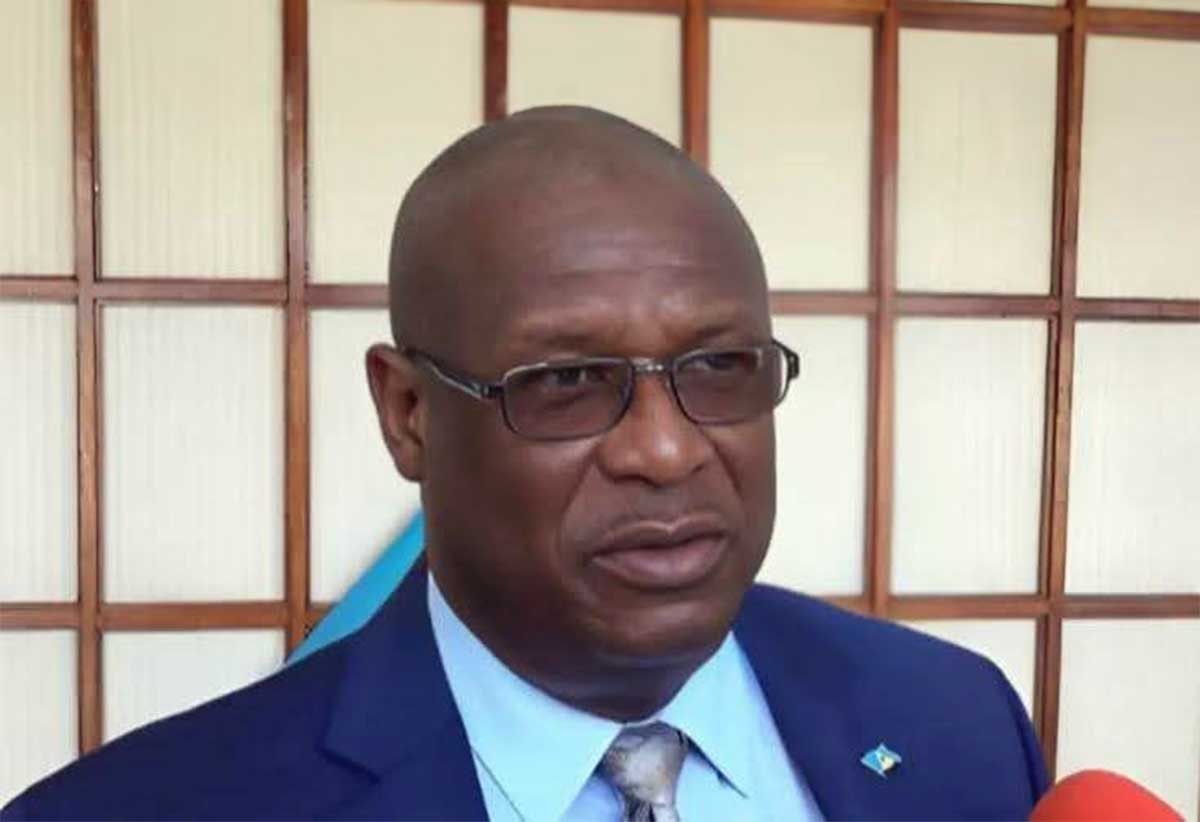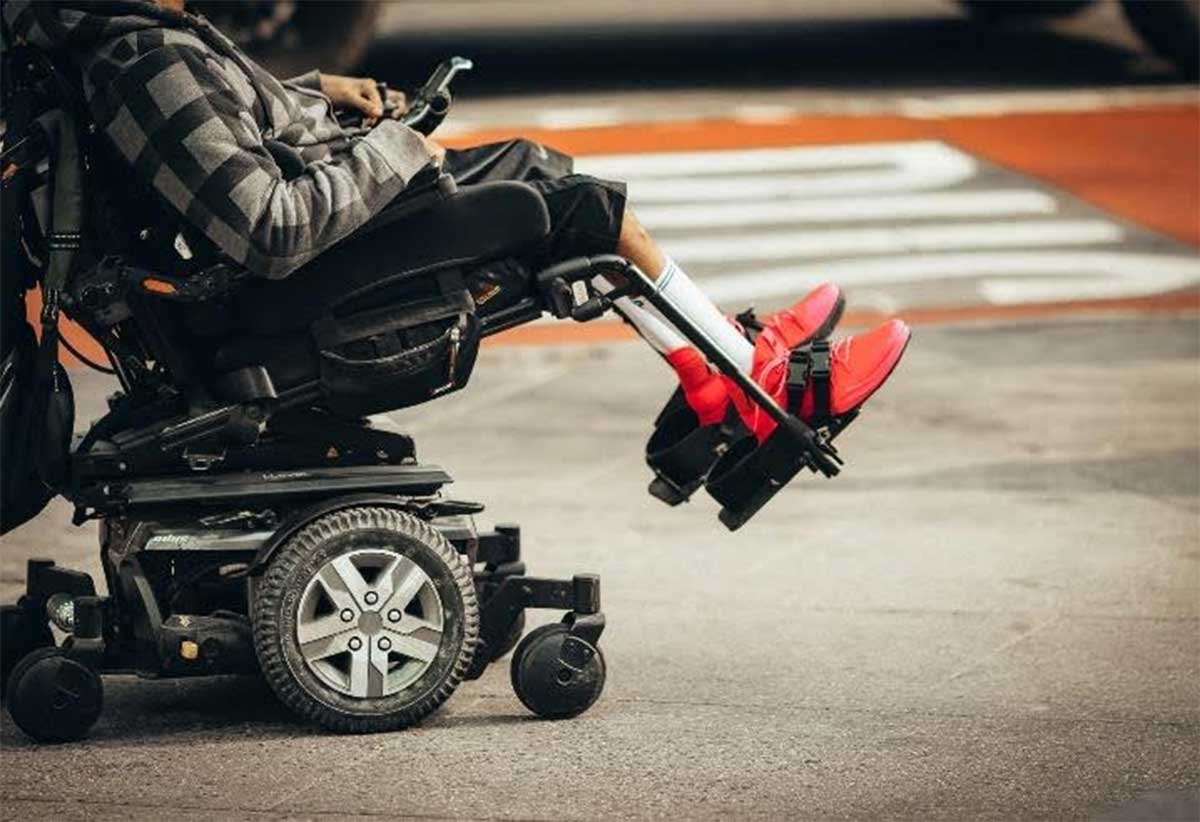
A new system will be put in place to ensure that individuals with disabilities can move around more freely, Infrastructure Minister Stephenson King said on Wednesday.
In an interview with MBC, King said no differently-abled person “whether on walking sticks, motorized wheelchairs or manual wheelchairs should have difficulty navigating any part of this country.”
Additionally, “we are looking to establish a firm policy,” he said.
According to the minister, under government’s ‘Infrastructure 2030’ initiative, a number of changes will be made to accommodate those who are differently-abled.
“These are some of the things I’m looking at,” he said.
In August of 2023, the minister said that the whole idea of ‘Infrastructure 2030’ is to put a National Infrastructure Programme in place “to deal with our primary, secondary, and tertiary road programmes.”
As it stands, those who are differently-abled are unable to access the island’s walkovers, and if necessary, would require the assistance of someone else to get by.

Merphilus James, President of the National Council of and for Persons with Disabilities (NCPD) recently acknowledged this, telling St Lucia Times that they must adhere to universal design principles “which cater to not just persons with disabilities, but to the elderly, to mothers with children, to people who have a temporary impairment due to a stroke or accident – all these persons should be able to easily utilise this.”
“This design limits a lot of our members,” he added.
But ‘Infrastructure 2030’ is not a merely a tagline, according to Minister King.
“It’s a serious strategic plan that allows us to establish the strategy for infrastructure, develop strategic priorities, look at legislation, develop new policies and change some of the principles and policies established,” he explained.
King said that government has already started working on this initiative, pointing to various projects done in the north of the island.
“Government has done a lot and I believe as ministers begin to articulate the achievements of their departments we will see the kind of achievements that the government has attained. When we came in we sat down and were able to in a very clinical manner determine which (portfolios) are the most important and we targeted health, education, national security – not necessarily in (that) order, (and) infrastructure. The government recognized that our roads were bad but felt that we (could) make some sacrifices while we fix some other areas,” King said.
He noted that the Health Ministry was able accomplish “a number of things and the health programs are exhaustive. This year the prime minister said we have dealt with health, we have dealt with security, (and) we’re continuing to invest in education, (so) this year we will deal with the infrastructure programme.”
And whilst naysayers were attempting to discredit government, government was working throughout, King added.
For example, he said, “we did roads in Gros Islet,” and that was just one aspect.
But government has much more under its sleeve, King said, and individuals will begin to see those changes are they’re being implemented.
Last year, he assured reporters that “‘Infrastructure 2030’ will also look beyond.”
Said King: “While we are going to look at where we are with our infrastructure at this time, and having an assessment of our infrastructure and plan to rehabilitate and augment the deficits that we have fallen into, we are looking at where is the country likely to be in the next 10 years or so.”




![Attendees at the UHC logo and website launch [Photo credit: GOSL]](https://thevoiceslu.com/wp-content/uploads/2026/02/Attendees-at-the-UHC-logo-and-website-launch-380x250.jpg)






![Remnants of an alleged drug boat blown up in a lethal strike by the U.S. military last week surfaced off Canouan on Saturday [Photo credit : St Vincent Times]](https://thevoiceslu.com/wp-content/uploads/2026/02/Remnants-of-an-alleged-drug-boat-blown-up-380x250.jpg)

